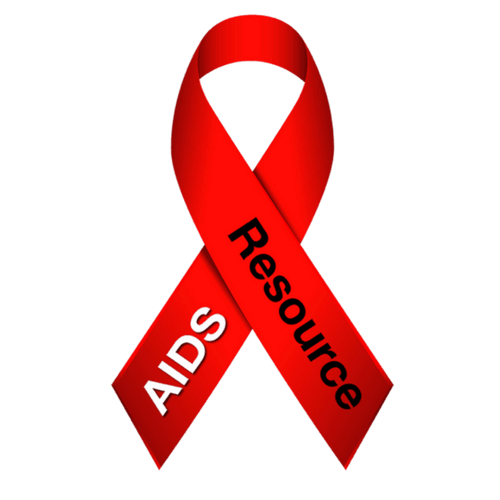Understanding HIV
Stop the stigma. Get the facts.
What is HIV?
HIV stands for human immunodeficiency virus. This virus attacks cells that help keep your immune system healthy (i.e., your body’s natural defense system against infections and illnesses). Transmission of HIV occurs through contact with certain bodily fluids, such as blood, sexual fluids, and breast milk, from an individual living with HIV with a detectable viral load. Condomless vaginal or anal sex and sharing needles, syringes, or other injection items are the two most common ways HIV can be transmitted. HIV cannot be spread through sweat, tears, saliva, shaking hands, hugging, or sharing toilets, silverware, drinking glasses, or dishes. Click here to learn about other forms of transmission.
HIV testing empowers individuals by making them aware of their status. The Centers for Disease Control and Prevention recommend that everyone between the ages of 13 and 64 gets tested for HIV at least once as part of their routine health care. Individuals at higher risk of acquiring HIV should be tested more frequently. Getting tested is easier than ever, as testing can be done in a variety of settings, such as clinics, community sexual health offices, outreach sites, and in the privacy of your own home. The tests collect either a sample of blood or oral fluid, and results are available in a few minutes to a few days, depending on the test used. If a rapid HIV test is reactive (preliminary positive), further blood work is required to confirm the results.
Being diagnosed with HIV does not mean you have a diagnosis of AIDS (acquired immune deficiency syndrome). HIV is a virus, whereas AIDS is a condition that can develop if the virus is left untreated. There are many individuals living with HIV who never develop AIDS because taking effective HIV treatment impedes disease progression. There is currently no cure for HIV; however, individuals living with HIV can live long, healthy lives by taking HIV medications—antiretroviral therapy (ART)—as prescribed.
What do you do if you have HIV?
If you have a diagnosis of HIV, it is important to seek health care as soon as possible, even if you are feeling well. Current HIV treatment guidelines recommend starting antiretroviral therapy (ART) right away. Due to tremendous medical advances, HIV is no longer a death sentence but a chronic condition that can be managed with medication.
The provider-patient relationship is the foundation of your medical care. It is important to find an HIV healthcare provider who is respectful, non-judgmental, a good communicator, and someone you can trust. You deserve to feel comfortable with your HIV healthcare provider. If your provider is not a good match, it may be best to look for a different provider.
AIDS Resource has a long history of working with HIV healthcare providers, and we are happy to assist you in your search for care. You can also find HIV healthcare providers through the HIV Testing Sites and Care Services Locator.
What should you expect at your HIV healthcare provider appointments?
During your visits, your HIV healthcare provider will order laboratory tests to assess your overall health. These may include:
- CD4 count: A CD4 count measures how well your immune system works. A low CD4 count indicates a weakened immune system, which makes you more susceptible to opportunistic infections.
- Viral load: The viral load measures the amount of HIV present in your blood. An undetectable viral load occurs when the viral load is so low that it does not show up in a standard viral load test.
The CD4 count and viral load will be monitored throughout treatment to ensure your antiretroviral therapy (ART) regimen is effectively working.
- Drug resistance test: The drug resistance test helps determine which ART regimens work against the strain of HIV you have. Drug resistance testing is done before starting or changing ART.
Other blood work may include a complete blood count, chemistry panel, hepatitis panel, tuberculosis test, lipid panel, and blood sugar.
During your initial visit, your HIV healthcare provider will discuss starting HIV medication. ART is recommended for all individuals living with HIV, regardless of how they are feeling or what their laboratory work reveals.
There are many HIV medications available to lower the amount of virus in your blood. Your provider will discuss which ART regimen is best for you based on your laboratory results and medical history. Be sure to ask about side effects, exactly how to take the medicine, and if there are any interactions when taking ART with your other medications. To help you stay informed about the various ART regimens available, Positively Aware provides a comprehensive HIV drug guide.
If you are concerned about health insurance or prescription coverage, AIDS Resource may be able to help you obtain coverage to ensure you receive the best possible care. We also provide essential support services to individuals living with HIV. Learn more about how we can assist you at Connect to Care and Client Services.
Remember, numerous resources and people are available to help and support you. With the right treatment and care, you can live a full and healthy life. HIV does not define you or prevent you from getting what you want most from life.

